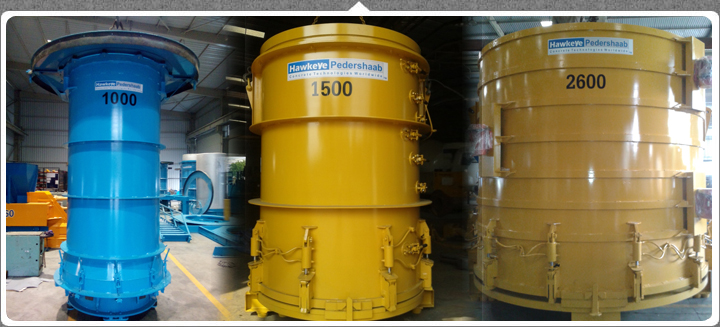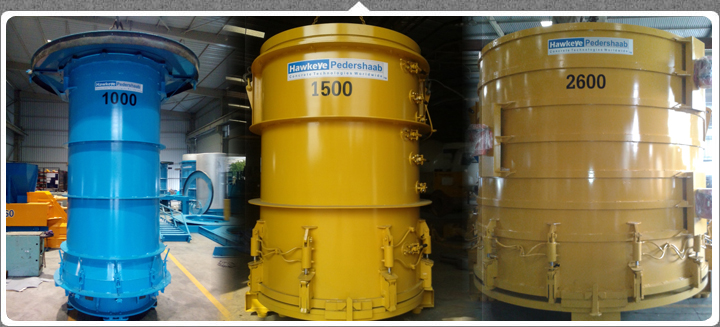
Karibic technology is a groundbreaking advancement in the field of manhole production, specifically enhancing the manufacturing of manhole rings and necks. This technology integrates sophisticated automation and precision engineering to streamline processes, elevate product quality, and ensure sustainability.
Here, we delve into the significant advantages that Karibic technology brings to the production of manhole rings and necks.
Karibic technology Precision and Customization
Karibic technology employs advanced digital tools that facilitate the design and production of manhole rings and necks with exceptional precision.
The use of Computer-Aided Design (CAD) and Computer-Aided Manufacturing (CAM) systems allows for intricate customization, ensuring that each component meets specific project requirements.
This precision is crucial for creating components that fit seamlessly into the overall infrastructure, minimizing issues during installation and ensuring optimal functionality.
Karibic technology Automation and Efficiency
One of the core strengths of Karibic technology is its high degree of automation, which transforms traditional manufacturing processes. The use of automated machinery and robotic arms accelerates the production of manhole rings and necks, significantly boosting efficiency.
This automation minimizes human intervention, reduces the likelihood of errors, and allows for the consistent production of components at a much faster rate than traditional methods. As a result, projects can proceed faster, meeting tight deadlines without compromising on the quality of the construction.
Karibic technology - Enhanced Durability and Quality
Karibic technology integrates state-of-the-art materials and manufacturing processes to produce manhole rings and necks that are exceptionally durable and robust. These components are designed to withstand harsh environmental conditions, including heavy traffic loads, extreme temperatures, and corrosive environments.
The high-quality concrete and reinforcement materials used in production ensure a long service life, reducing the need for frequent maintenance or replacement and providing long-term cost savings.

Sustainable Manufacturing Practices with Karibic technology
Sustainability is a pivotal aspect of Karibic technology. The system is engineered to minimize waste and maximize the efficiency of resource use during the manufacturing process.
It also supports the use of recycled materials in the production of manhole rings and necks, further reducing the environmental impact.
By adhering to green manufacturing practices, Karibic technology not only contributes to the sustainability of infrastructure projects but also aligns with global environmental goals and regulations.
Karibic technology Cost-Effectiveness
The efficiency and precision of Karibic technology also translate into significant cost advantages. By reducing the time and labor required for production, the overall cost of manufacturing manhole rings and necks is lowered.
Additionally, the durability of the products reduces the lifecycle costs associated with maintenance and replacement, providing further financial benefits over the long term.
Karibic technology - Safety Improvements
Automated processes in Karibic technology contribute to safer manufacturing environments. The reduced need for manual handling and labor-intensive tasks lowers the risk of workplace injuries.
Moreover, the consistency and reliability of the automated processes ensure that the products are safe to use in public infrastructure, enhancing overall safety for end-users.
Conclusion
Karibic technology represents a significant leap forward in the manufacturing of manhole rings and necks, offering a multitude of benefits that address efficiency, quality, sustainability, and safety.
As urban infrastructure demands continue to evolve, Karibic technology provides a sophisticated solution that meets these challenges head-on, promising a future where manhole production is not only faster and more reliable but also more environmentally friendly and cost-effective.
Recent Articles
- Precast Concrete Box Culvert for Urban Underpasses and Cable Trenches
- How Concrete Pipe Machines Crucial in Power Plant Infrastructure?
- Role of Concrete Pipe Machines in Canal Lining Projects
- How Drycast Technology is Changing the Concrete Pipe Industry?
- Common Mistakes to Avoid When Selecting Pipe Moulds for Your Machine





 BACK TO ARTICLES
BACK TO ARTICLES